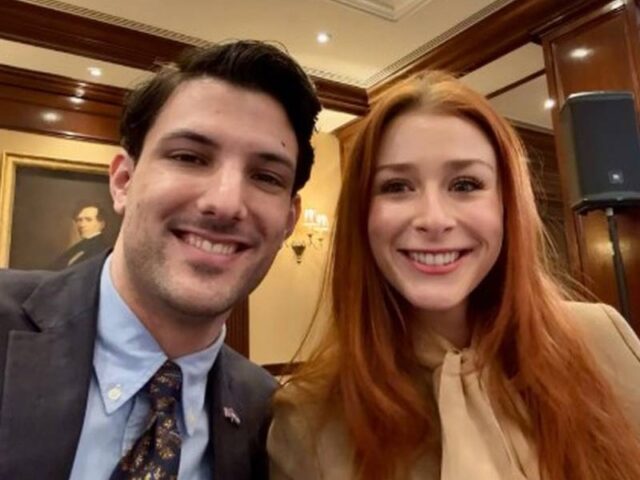Blue State Blues: Why Do They Murder the Peacemakers?

I can’t get Sarah Milgrim out of my mind, and I’m pretty hardened to news of terror attacks.
I was at my old home in Skokie, Illinois, on the Fourth of July in 1999, right after graduating from Harvard, when a white supremacist drove through Jewish neighborhoods in the area, looking for Jews to kill. He shot several, and killed former Northwestern University basketball coach Ricky Byrdsong, a black man, whom I actually knew.
I have probably been to Israel about 20 times in my life; six of those visits were in the aftermath of October 7, 2023, when Hamas murdered 1,200 Israelis, most of them civilians. The hardest-hit communities were the kibbutzim, or collective farms, near the Gaza border. Many of the residents were socialists and “peaceniks”; they believed in coexistence with their Palestinian neighbors, which is why some of them had moved there.
None of that mattered to the Hamas terrorists who murdered their way through southern Israel — though there is some evidence that Hamas chose to attack precisely because it wanted to disrupt then-ongoing talks about peace and normalization between Israel and Saudi Arabia. Nor did it matter to the pro-Palestinian mobs on college campuses and city streets, who celebrated the terror attacks as a triumph of resistance.
To them, October 7 was a call to further action, an inspiration for the “boycott, divestment, sanctions” (BDS) movement. The University of Cape Town (UCT), where I also studied, launched a boycott of Israeli academic institutions, despite being warned that it would lose major funding from private donors if it did so. This year, UCT reaffirmed its boycott, even after losing a teaching hospital and two-thirds of its private donor funding.
Ironically, the people more likely to agree with criticisms of the Israeli government are the people on Israel’s college campuses, who are almost as radical as the people on our own campuses, except that they are slightly more realistic about the threat of terror. Palestinian terrorists have hit Israeli universities, most notoriously in the Hebrew University bombing of 2002, part of the second intifada that Palestinian activists celebrate.
“Intifada revolution!” was one of the slogans that the murderer shouted at the Capital Jewish Museum on Wednesday night after shooting and killing two young Israeli embassy staffers, a Jew and a Christian, who happened to be dating and were about to become engaged. The Jewish victim, Sarah Milgrim, was a lifelong peace activist who had studied peacemaking and spent her short career on Israeli-Palestinian peace efforts.
The event at which she and her fiancé-to-be, Yaron Lischinsky, were murdered was an event organized by the American Jewish Committee about the question of humanitarian aid and how to promote it in wartime. (Has any Muslim group ever held an event asking how it can help support Israelis under attack?)
The assassin targeted that event, where — again, ironically — there were people sympathetic to the Palestinian plight.
I admire people like Sarah who take risks for the sake of peace; I have occasionally tried to be one of them. During the second intifada, I lived in a Muslim community, hoping to learn and build trust. Sadly, my Muslim friends from that era are posting rabidly anti-Israel content lately, including cheering on the recent wildfires.
So — why do they murder the peacemakers? The answer, I am afraid, is that they do not want peace.
Joel B. Pollak is Senior Editor-at-Large at Breitbart News and the host of Breitbart News Sunday on Sirius XM Patriot on Sunday evenings from 7 p.m. to 10 p.m. ET (4 p.m. to 7 p.m. PT). He is the author of Trump 2.0: The Most Dramatic ‘First 100 Days’ in Presidential History, available for Amazon Kindle. He is also the author of The Trumpian Virtues: The Lessons and Legacy of Donald Trump’s Presidency, now available on Audible. He is a winner of the 2018 Robert Novak Journalism Alumni Fellowship. Follow him on Twitter at @joelpollak.